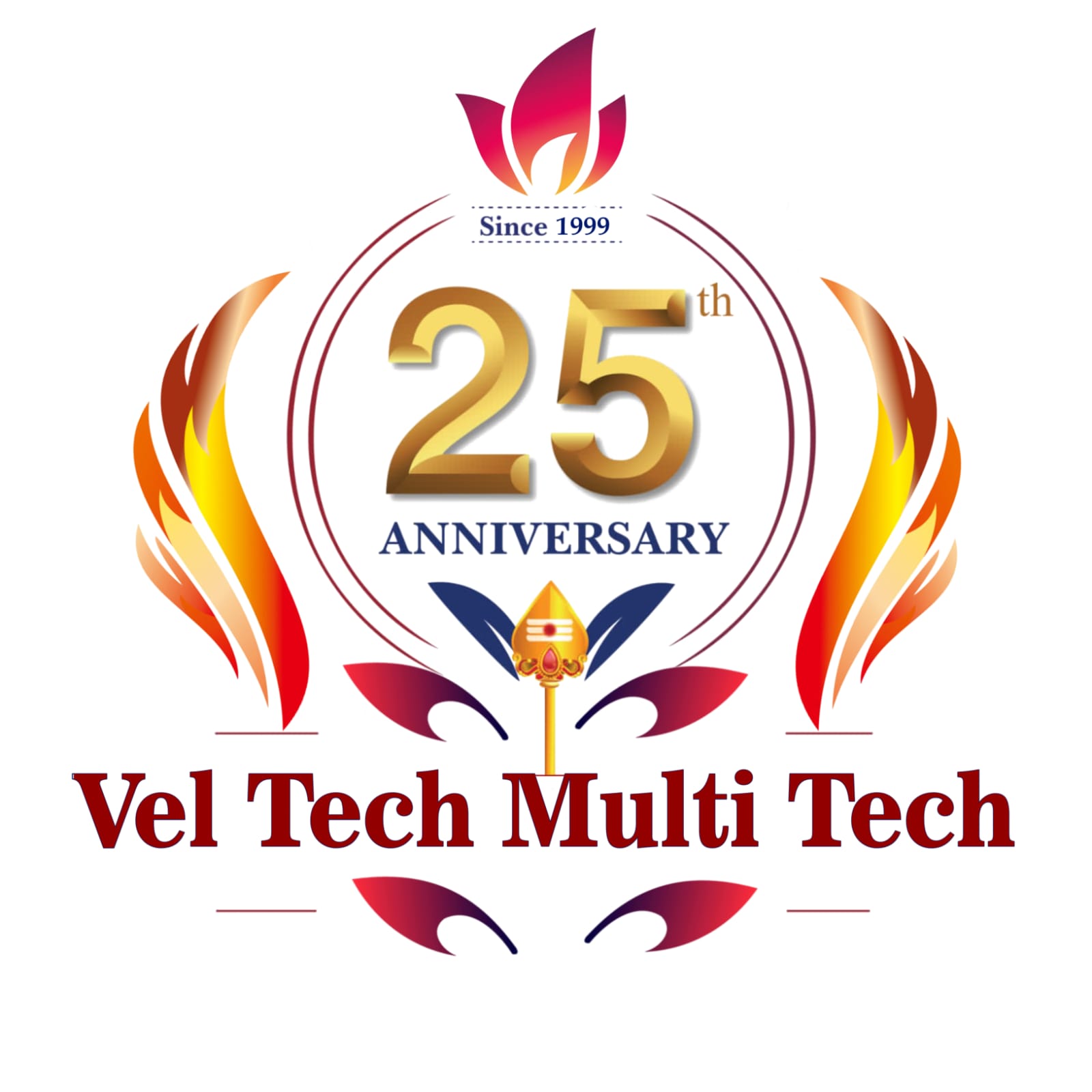BEST PRACTICES
BEST PRACTICES – 1
Community Engagement:
Community engagement is a crucial best practice for the institution, as it fosters collaboration, innovation, and social responsibility. It involves actively involving stakeholders such as local communities, industry partners, and government agencies in the activities of the institution. This engagement takes many forms, including outreach programs, research partnerships, and public events.
One key benefit of community engagement is the opportunity for knowledge exchange. By working closely with local communities, the institution gains a better understanding of the challenges and needs of the people they serve. This knowledge helps inform the institution’s research agenda, ensuring that it remains relevant and impactful.
Another benefit of community engagement is the promotion of innovation. By collaborating with industry partners and other stakeholders, the institution gets access to new ideas, technologies, and resources that can drive innovation in research and education. This leads to the development of new products, services, and processes that benefit both the institution and the wider community.
Community engagement also plays a vital role in promoting social responsibility. By actively involving stakeholders in its activities, an engineering institution demonstrates its commitment to serving the public good. This helps build trust and goodwill with the community, enhancing the institution’s reputation and credibility.
Community engagement being one of the best practice in the institution holds immense potential to enrich the educational experience, drive innovation and foster social responsibility within the institution. By forging strong partnerships with stakeholders beyond the campus walls, the institution better fulfils its mission to advance knowledge, serve society and empower future generations of engineers.
BEST PRACTICES – 2
Career Enhancement:
Career enhancement methods is indeed a critical component of best practices in the institutions as they play a vital role in preparing students for successful careers in the field. These methods encompass a range of strategies aimed at enhancing students’ skills, knowledge, and professional development, ultimately increasing their employability and success in the workforce.
Professional Development and seminars:
The institution often organizes workshops and seminars on topics such as resume writing, interview skills, networking, and career planning. These events provide students with valuable insights and practical tips to navigate the job market effectively.
Industry Partnerships and Internships:
By Collaborating with industry partners to offer internships and industry projects is an effective way to provide students with real-world experience and industry exposure. These opportunities allow students to apply their classroom knowledge in a professional setting, develop relevant skills, and build professional networks.
Career Counselling and Guidance:
By typically offering career counseling services, students explore career options, set career goals, and develop personalized career plans.
Professional Certifications:
The institution encourages students to pursue professional certifications and licensure relevant to their field of study that can enhance their credentials and marketability.
Research and Publications:
Engaging students in research projects and encouraging them to publish their work enhances their academic and professional profile. Publishing research papers in reputable journals or presenting at conferences helps students showcase their expertise and distinguish themselves in the field.
Soft skills development:
In addition to technical skills, e\the institution also focusses on developing students’ soft skills, such as communication, teamwork, leadership, and problem-solving skills. These skills are essential for success in the workplace and are often emphasized through coursework, workshops, and extra curricular activities.
Alumni Engagement:
Engaging alumni who have successfully transitioned into careers in engineeringprovide valuable insights and mentorship opportunities for current students.
By incorporating these career enhancement methods into their programs, engineering institutions can better prepare students for successful and fulfilling careers in engineering.

